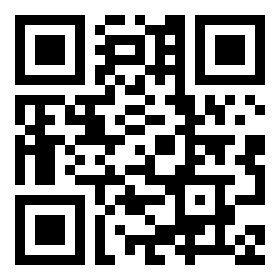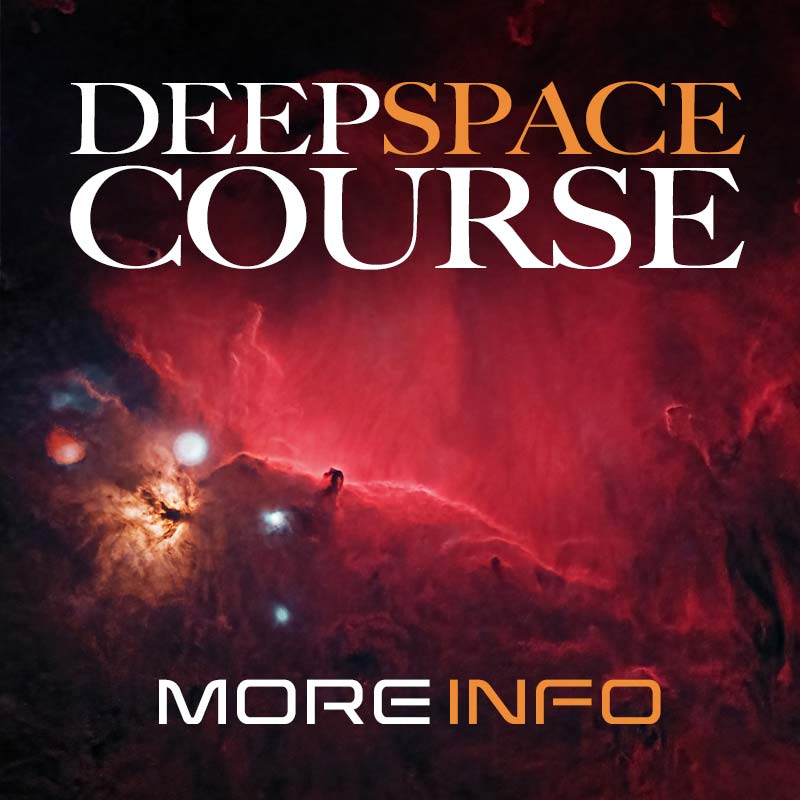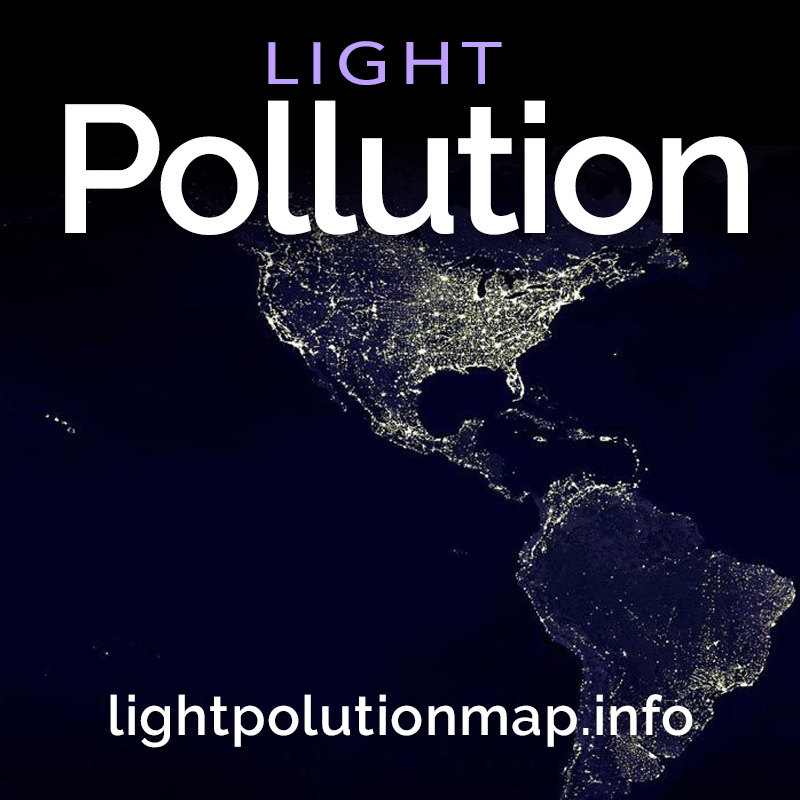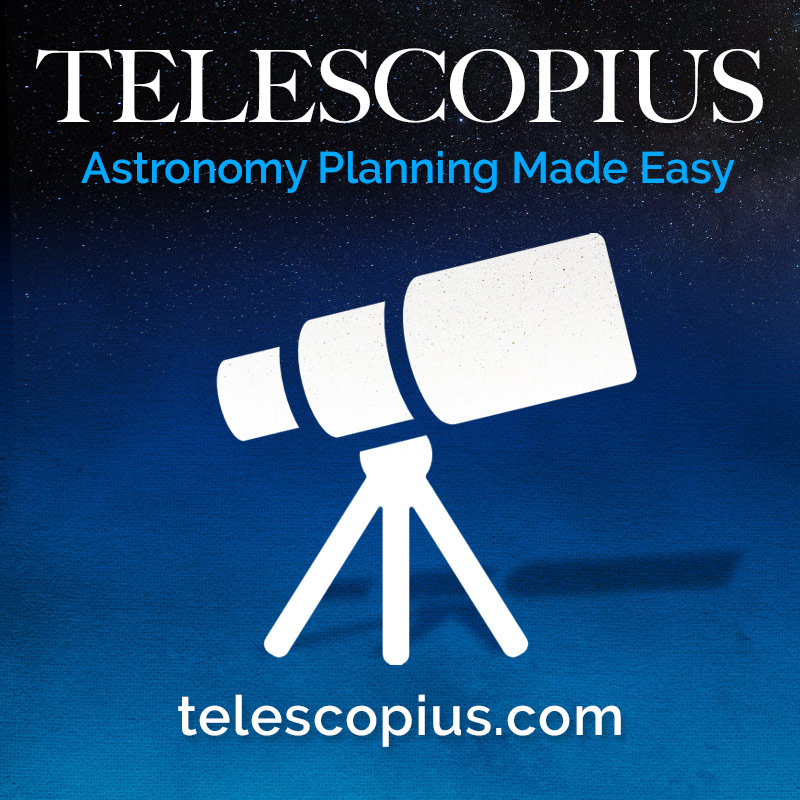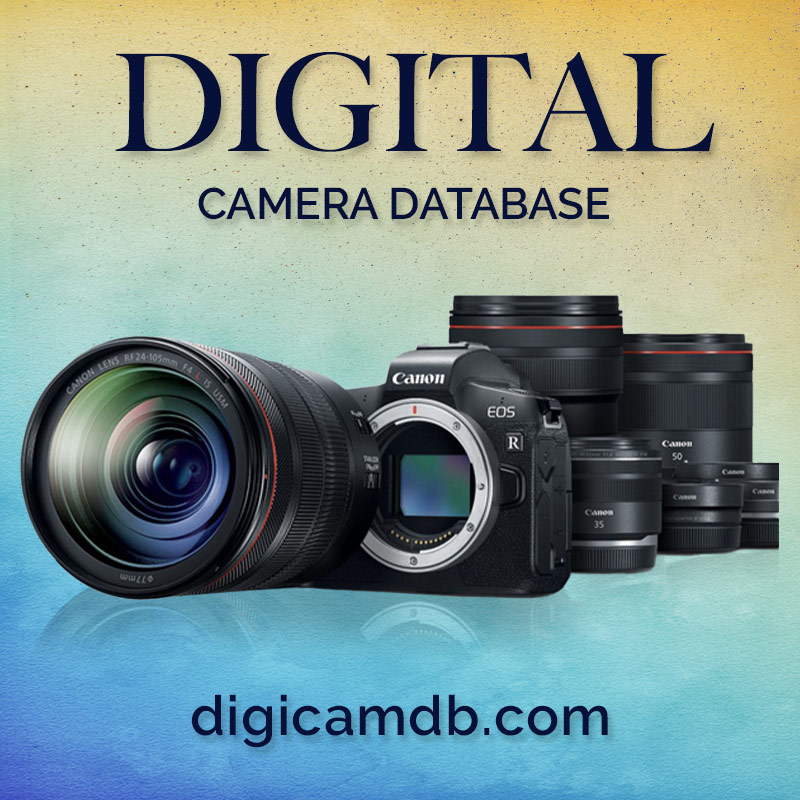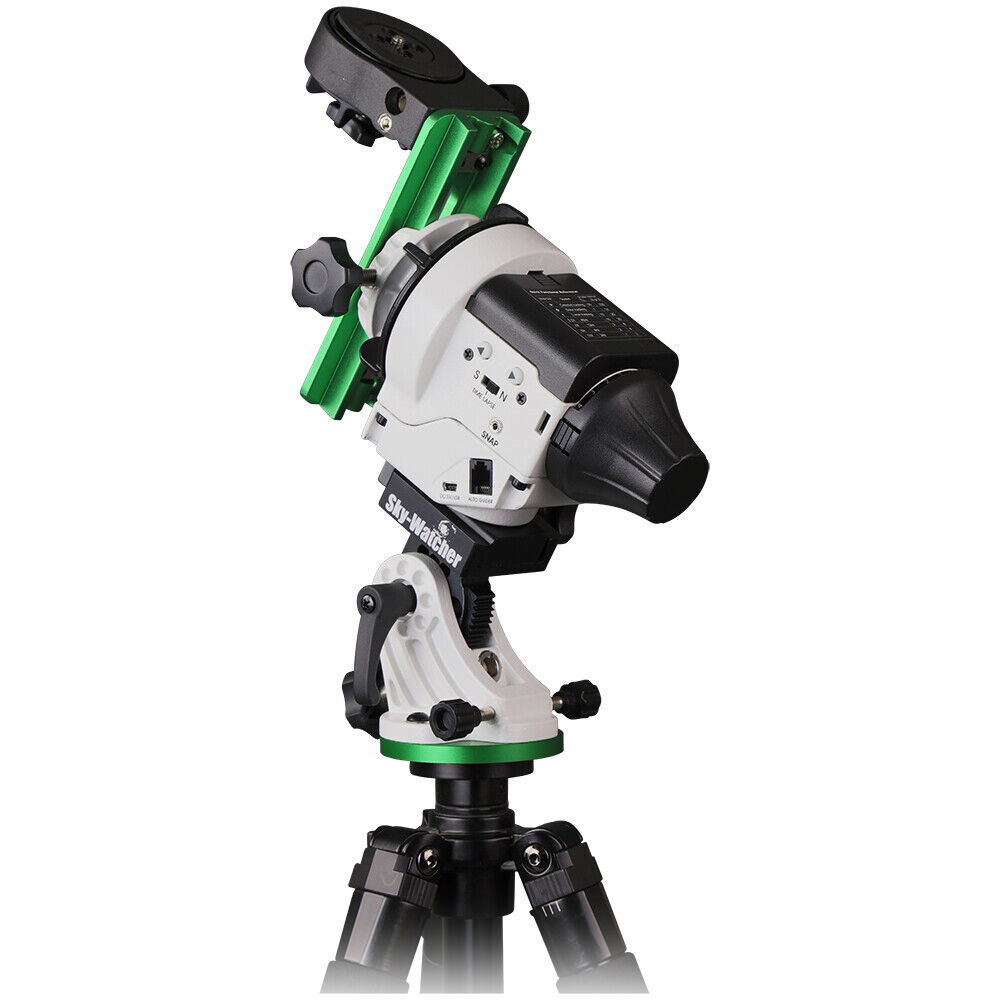Intro to Astro - Getting Started, Pt 1 of 4
Ready To Take On The Full Course?
Additional Information
Related links, images and relevant information involving this howtube video.
To start off, I recommend downloading a free application called Stellarium. Click here to visit the webpage. Once you've installed Stellarium, you can begin exploring the night sky. You can adjust the location, date and time, constellations, grids, Milky Way brightness, and more! This is one of the best tools for astrophotography. I use it to see what deep space objects will be up tonight, or to quickly see if the Moon will rise and cause problems for astro.
Moving on, you'll want to check out LightPollutionMap.Info This website shows how much light pollution there is around the world. You can use it to help plan your next astro shoot. For example, maybe you're headed out to Moab Utah. With the help of the Light Pollution Map, you'll realize that Moab lets off a lot of light! This can cause problems for astro. Rather than going to Arches National Park, located right next to Moab, it would be better to visit Canyonlands National Park. The skies there are much darker, especially when facing South.
If you're interested in deep space astrophotography, then you'll want to visit telescopius.com This website has a lot of great features, but my favorite is the astro framer. You can input any sensor size and focal length to get a realistic idea of what's possible with your current (or future) camera gear. For example, I can search for the Andromeda Galaxy and see it in the frame. Then, adjust the focal length of my lens and the sensor size until I find a good Field of View. This is invaluable information, especially if you are planning on buying a new camera or lens for astro.
Speaking of camera gear, you'll need to know your camera's sensor size to make the most of telescopius. I normally use a website called digicamdb.com It lets you input whatever camera model you want, then it will show you the relevant information - sensor size, megapixels, pixel pitch, and more.
In the following video I'll explain what camera gear you need to buy for astrophotography.
Featured Products For This Video
Shop for the products you need/found in this video
Comments
Comment on this video
Make a Donation
Support this channel with a recurring or one-time donation

